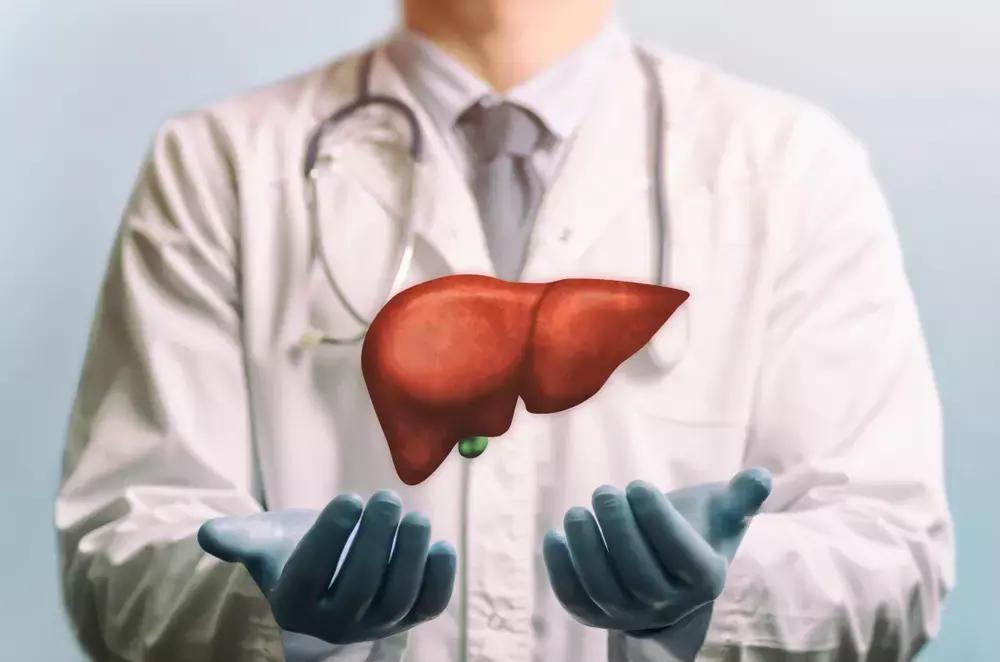Norepinephrine Useful Rescue Therapy In Hepatorenal Syndrome In Non ICU Setting: Study
- byDoctor News Daily Team
- 09 July, 2025
- 0 Comments
- 0 Mins

Vasoconstrictor namely norepinephrine can be used as rescue therapy and as a potential bridge to liver transplantation, suggests a study published in the American Association for the Study of Liver Disease (AASLD)
Vasoconstrictors are the treatment of choice for the hepatorenal syndrome (HRS).
A group of researchers from U.S.A evaluated the real-life effectiveness of a sequential vasoconstrictor regimen of midodrine–octreotide followed by norepinephrine in a nonintensive care unit (non-ICU) setting in the United States, where terlipressin is not available.
The diagnosis of hepatorenal syndrome (HRS) and definitions of response to therapy was based on 2015 guidelines from the International Club of Ascites. In adult patients with HRS without partial or full response to oral midodrine and subcutaneous octreotide,norepinephrine was administered at a starting dose of 5 mcg/minute, with a goal to achieve a mean arterial pressure (MAP) of 10 mm Hg above baseline. The researchers assessed predictors of response and treatment outcomes.
The results of the study are as follows:
A total of 61 patients were administered midodrine and octreotide for the treatment of HRS, with a 28% response rate.
The median MELD-Na (Model for End-Stage Liver Disease–sodium) the score was 30.
Responders were more likely to have alcohol-related liver disease and lower Acute-on-Chronic Liver Failure (ACLF) grade.
Of the non-responders, 20 were then administered norepinephrine, of whom 45% achieved full or partial response.
Achieving a MAP increase of ≥10 mm Hg was associated with a greater probability of response.
Patients who responded to norepinephrine experienced improved transplant-free survival at 90 days; 5 of 20 patients experienced norepinephrine treatment-related adverse events, namely arrhythmias.
Thus, the researchers concluded that norepinephrine can be effectively used in a non-ICU setting as rescue therapy in patients who have not responded to midodrine and octreotide. Based on these data, we propose a practical stepwise algorithm for vasoconstrictor therapy to manage HRS in situations where terlipressin is not an option.
Reference:
Feasibility and Effectiveness of Norepinephrine Outside the Intensive Care Setting for Treatment of Hepatorenal Syndrome by Kwong A et. al. published in the AASLD.
https://doi.org/10.1002/lt.26065
Disclaimer: This website is designed for healthcare professionals and serves solely for informational purposes.
The content provided should not be interpreted as medical advice, diagnosis, treatment recommendations, prescriptions, or endorsements of specific medical practices. It is not a replacement for professional medical consultation or the expertise of a licensed healthcare provider.
Given the ever-evolving nature of medical science, we strive to keep our information accurate and up to date. However, we do not guarantee the completeness or accuracy of the content.
If you come across any inconsistencies, please reach out to us at
admin@doctornewsdaily.com.
We do not support or endorse medical opinions, treatments, or recommendations that contradict the advice of qualified healthcare professionals.
By using this website, you agree to our
Terms of Use,
Privacy Policy, and
Advertisement Policy.
For further details, please review our
Full Disclaimer.
Recent News
Eli Lilly plans to build new USD 3 billion facilit...
- 04 November, 2025
Rajkot Maternity Hospital CCTV Leak: How a simple...
- 04 November, 2025
Gland Pharma profit rises 12 percent to Rs 184 cro...
- 04 November, 2025
AIIMS Delhi doctors told to use Hindi in prescript...
- 04 November, 2025
Daily Newsletter
Get all the top stories from Blogs to keep track.


0 Comments
Post a comment
No comments yet. Be the first to comment!